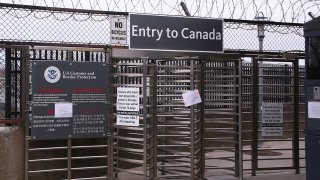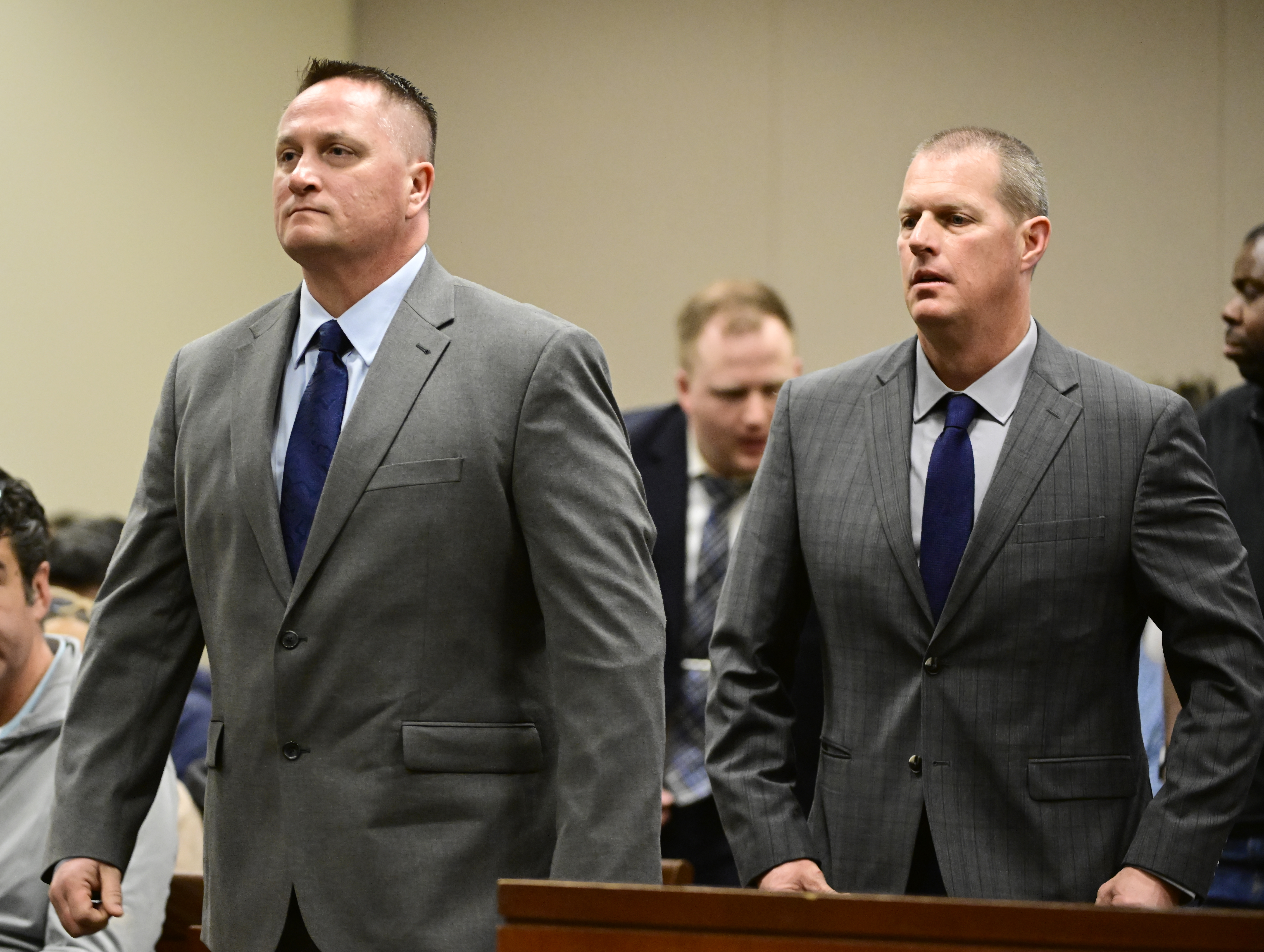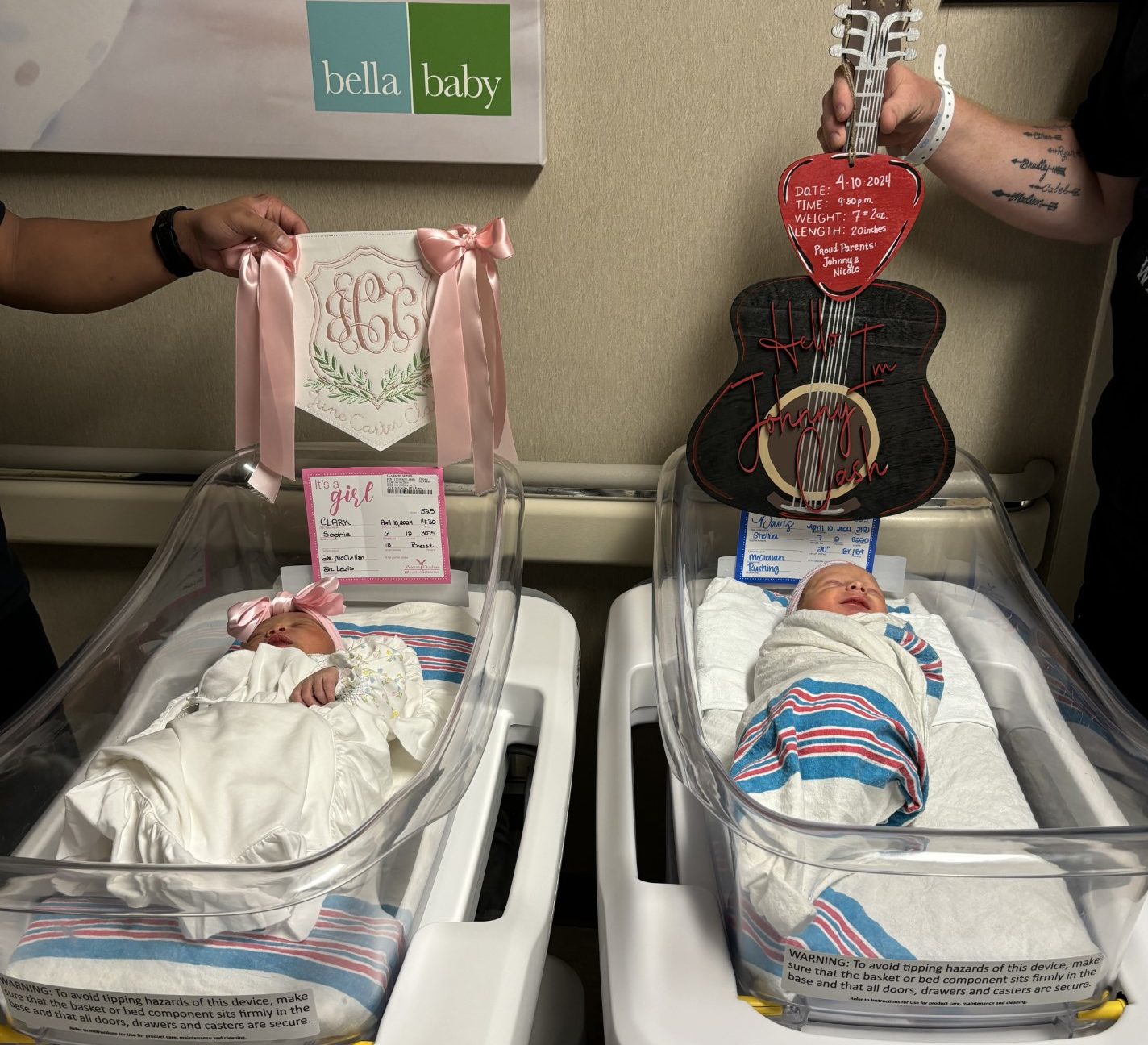
The Canadian government said Thursday the Canada-U.S. border will be closed to all non-essential travel in both directions on Friday night.
Prime Minister Justin Trudeau also said it will take "weeks to months" for social-distancing measures in his country to be lifted amid the pandemic.
On Thursday, NBC News reported that President Donald Trump is planning to place new limits on travel between the U.S. and Mexico, similar to those put in place earlier this week with Canada, according to a person familiar with the plans.
Both the U.S. and Canada have been in talks in recent days to negotiate a mutual halt to tourism and family visits but leaving the flow of trade intact. Canada relies on the U.S. for 75% of its exports and about 18% of American exports go to Canada.
Get DFW local news, weather forecasts and entertainment stories to your inbox. Sign up for NBC DFW newsletters.
Essential cross-border workers like health-care professionals, airline crews and truck drivers will be permitted to cross.
“People not should not be traveling between Canada and the U.S. and the U.S. and Canada to be tourists or for recreational purposes,” Deputy Prime Minister Chrystia Freeland said. “If you have an important essential reasons to cross the border you can continue to do that.”
Freeland emphasized truck drivers are critical as they supply grocery stores and medical goods in both directions. Much of Canada’s food supply comes from or via the U.S.
U.S. & World
The flow of travelers on the northern border, the world’s longest between two nations, has been relatively open. Freeland said crossings can continue in border communities such as Campobello, New Brunswick.
“Trade, which is essential, will continue,” Freeland said. “Don't make discretionary trips and that is what border officials will be enforcing.”
Trudeau said his government is following the advice of health experts and won’t lift restrictions on public activities and movements in Canada until it is safe to do so.
Trudeau made his comments in front of his residence where he is self-isolating after his wife tested positive for the virus.
Canadian Foreign Minister François-Philippe Champagne is also self isolating at home and is being tested for the virus after experiencing flu-like symptoms after traveling. He said he expects the results of his test very shortly



